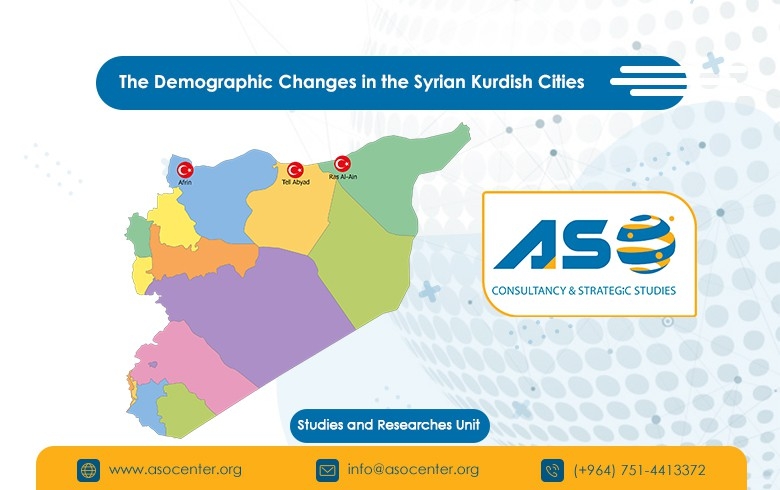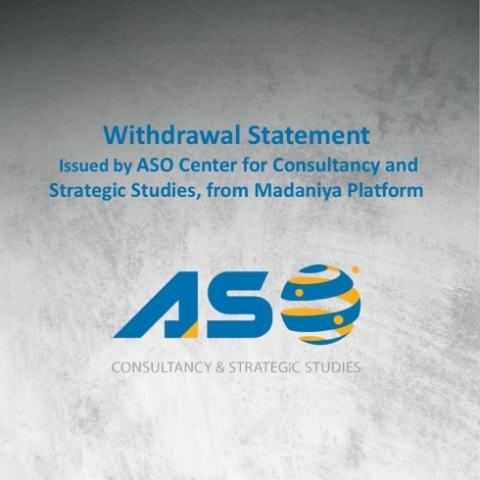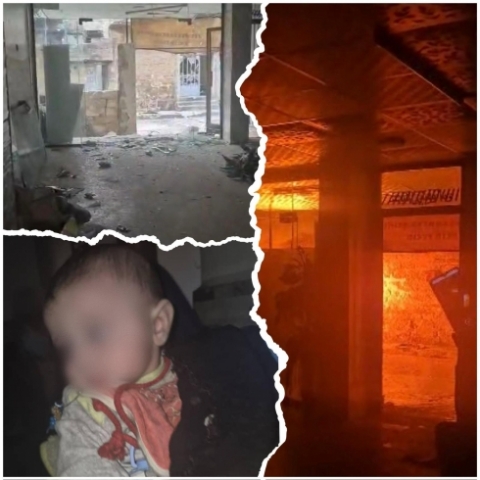

The Demographic Changes in the Syrian Kurdish Cities
2020-10-29
In order to delve into the demographic changes issue in the Syrian Kurdish cities occupied by the Turkish government alongside a number of radical Islamic factions, the issue and its roots have to be deeply considered and understood in modern history for each of Syria and Turkey. The current demographic change carried out by Turkey is nothing but a continuation for what Al-Baath party has started in Syria, which is what currently the Turkish government has implemented in the Kurdish cities, particularly in the cities west of Euphrates river.
We need lots of data and statistics, which are inaccessible accurately at the current time, in order to conduct the study and research in the demographic change in the Kurdish region in Syria. Therefore, this report is a preliminary that paves the way for the start of integrated research studies on the demographic change roots in the Kurdish region since the emergence of the Syrian state, the unity government and what are Turkey's efforts in supporting radical Islamic factions.
The demographic change is not an emergency case in the Kurdish issue in Syria, as it is extremely complex and linked to the Turkish and Iraqi geographical areas. There are still pending files on this issue, especially the "Arabic Belt" issue, which has remained, up to this day, one of the most controversial issues between the Syrian political and popular parties.
Since Turkey intervened in the Syrian file, it was evident that Turkey's main concern was standing against the Kurdish issue and thwarting any Kurdish endeavor towards Kurdish rights in Syria. From Turkey’s perspective, the Kurdish issue solution in Syria is considered a real threat to its national security, given that any Kurdish supremacy there could enhance the desire of Turkey’s Kurds to demand similar rights. The Kurdish border region in Syria is Turkey’s last outlet on the “Sunni” Arab world, after the Kurds in the KRI managed to achieve autonomy and cut off geographical contacts between Turkey and the "Sunni" Arabs in Iraq.
The Turkish intervention has not remained diplomatic and it had refused the Kurdish political presence in the Syrian solution negotiations since 2017. Turkey has moved towards direct military operations in the depths of Syria, since then, and it was obvious that the Turkish project was integrated in controlling the areas of Kurdish presence, expelling the Kurdish population from them and housing groups close to radical Islamic factions loyal to it in Syria.
From then on, Turkey has occupied three major cities in the Kurdish region in Syria, namely; Afrin, Serekaniye/Ras Al-Ain and Tell Abyad. It also, works to expand the occupation of Kurdish cities and towns, implement the process of changing the ethnic composition in the Kurdish border region, expel the Kurdish population from it and displace them towards the eastern regions of Syria and keep them away from geographical contact with the Kurds in Turkey.
Table of Contents:
Introduction:
The Executive Summary:
Turkish Military Operations to Occupy Kurdish Cities
-The Olive Branch Operation:
-The Peace Spring Operation:
The Demographic Change in Kurdish Cities
-Afrin
-Serekaniye/Ras Al-Ain
-Tell Abyad
Recommendations and Conclusions:
References:
To read the full report, please click on download
Download


